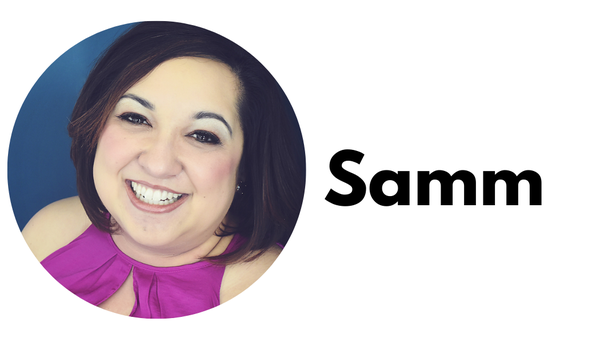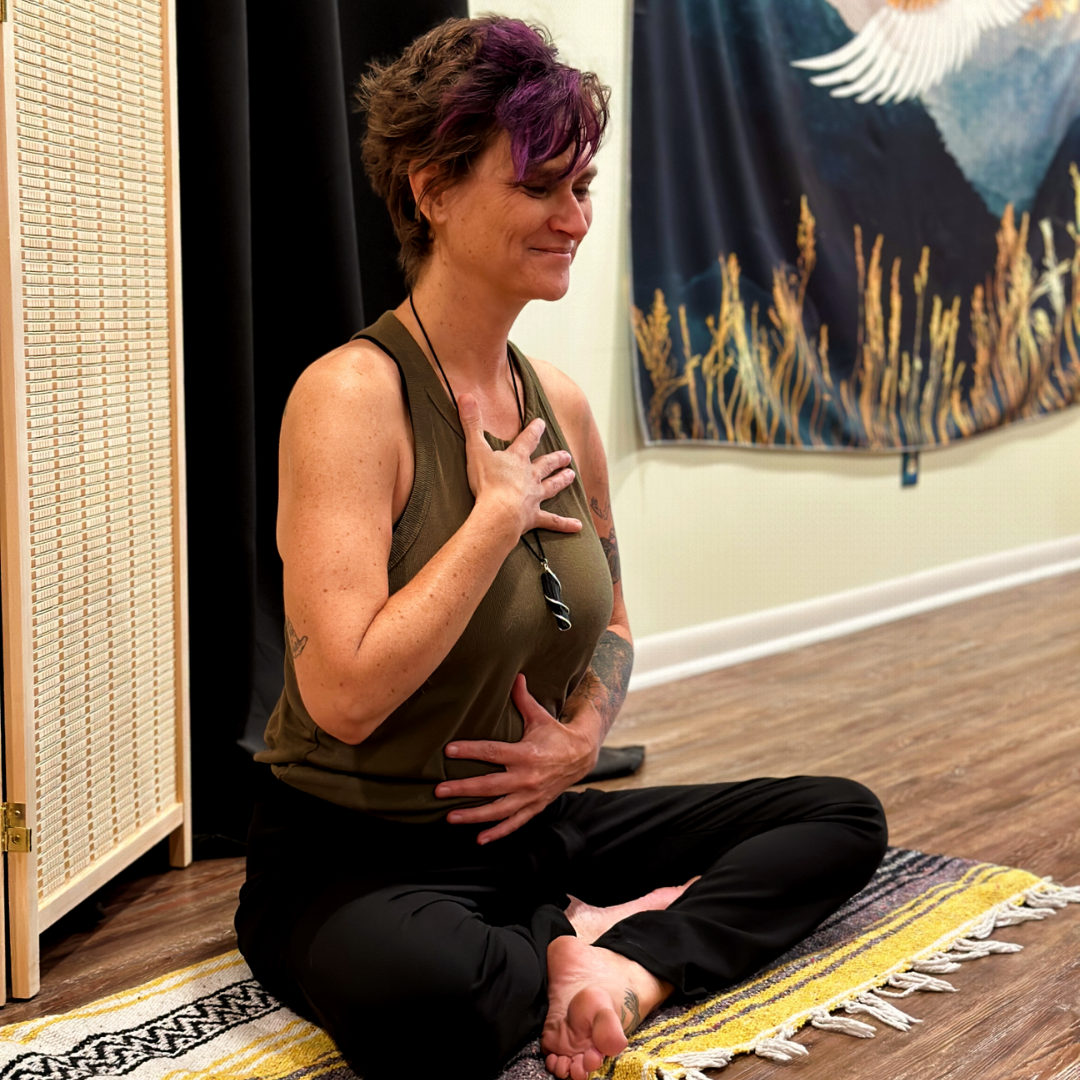Do you brood? Unfortunately, I believe this is a skill set that I have mastered over the course of my life. Being detailed-oriented is commonly a skill that I lack, however when it comes to brooding, I have a knack for focusing on the details. If you aren’t sure what I mean by brooding, let me break it down for you. Whenever a circumstance presented itself resulting in me being unhappy, I basically analyze it to death. With the level of analyzation needed to achieve this goal, it required holding onto the initial circumstances for great lengths, and in some special scenarios, almost indefinitely. That, my friend, is brooding at it’s finest. I became an expert at dissecting the situations that made me unhappy, usually motivated by the pursuit of someone else to blame besides myself. Trying to increase my self-worth by uncovering evidence that proved I was not the fool this time.
In fact, my first book, From Heart to HRart, is filled with stories that I masterfully brooded over. That is why I believe I was able to retell them so vividly in detail from my perspective. I intentionally use the words “my perspective” because that is the only possible outcome from brooding. See when we brood, we do a lot of discovery, investigation, and research. This materializes in several ways, google searches, gossiping (also known to most as processing our circumstances with others) and perhaps the creation of a historical timeline of how prior events may relate to the most recent. Nevertheless, the discovery, investigation and research process typically does not include engaging with those that directly play a role in our triggering circumstances. We never obtain the other relevant perspectives. So, therefore, the result of brooding is strictly my perspective. One of the amazing outcomes from my first book was beginning to hear perspectives from those who played a direct role. They got a unique opportunity to read my innermost thoughts as it related to a mutual experience. This inspired unique conversations where others either educated me on their perspective or confirmed what I concluded to be true.
I believe brooding is a skill set that can be beneficial, especially if you are a professional whose professional niche is self-reflective practice. But, I also recognize that this skill, like so many out there, must be utilized in a balanced fashion. The extreme of brooding over every unhappy circumstance can be a bit overwhelming, not only for me but those that surround me as I brood. The alternative is the art of letting things go. Making circumstances routinely more casual, this is a great skill to balance brooding. But this too I believe has the ability to become extreme.
When it comes to brooding and letting go, to obtain the desired balance we must focus on our filters. Our filters will determine what must be brooded on and what we must simply let go. Recently, I experienced a casual conversation where a mutual colleague made a brief comment in regards to my behavior. This comment sent me down the brooding spiral and it is now weeks later and I still haven’t let it go. The irony is I have no basis of certainty on whether or not the statement made was in seriousness or sarcasm. The comment had no footing to justify brooding and all that I have learned from that spiral is that I need to let more things go.
I bring this full circle, to say that I am consciously creating filters on what to brood about for my continued growth and was to let go of to sustain my growth momentum.
So how about you, are you obsessively brooding or excessively letting things go?
Sincerely,

Cover Photo by Joe Yates






